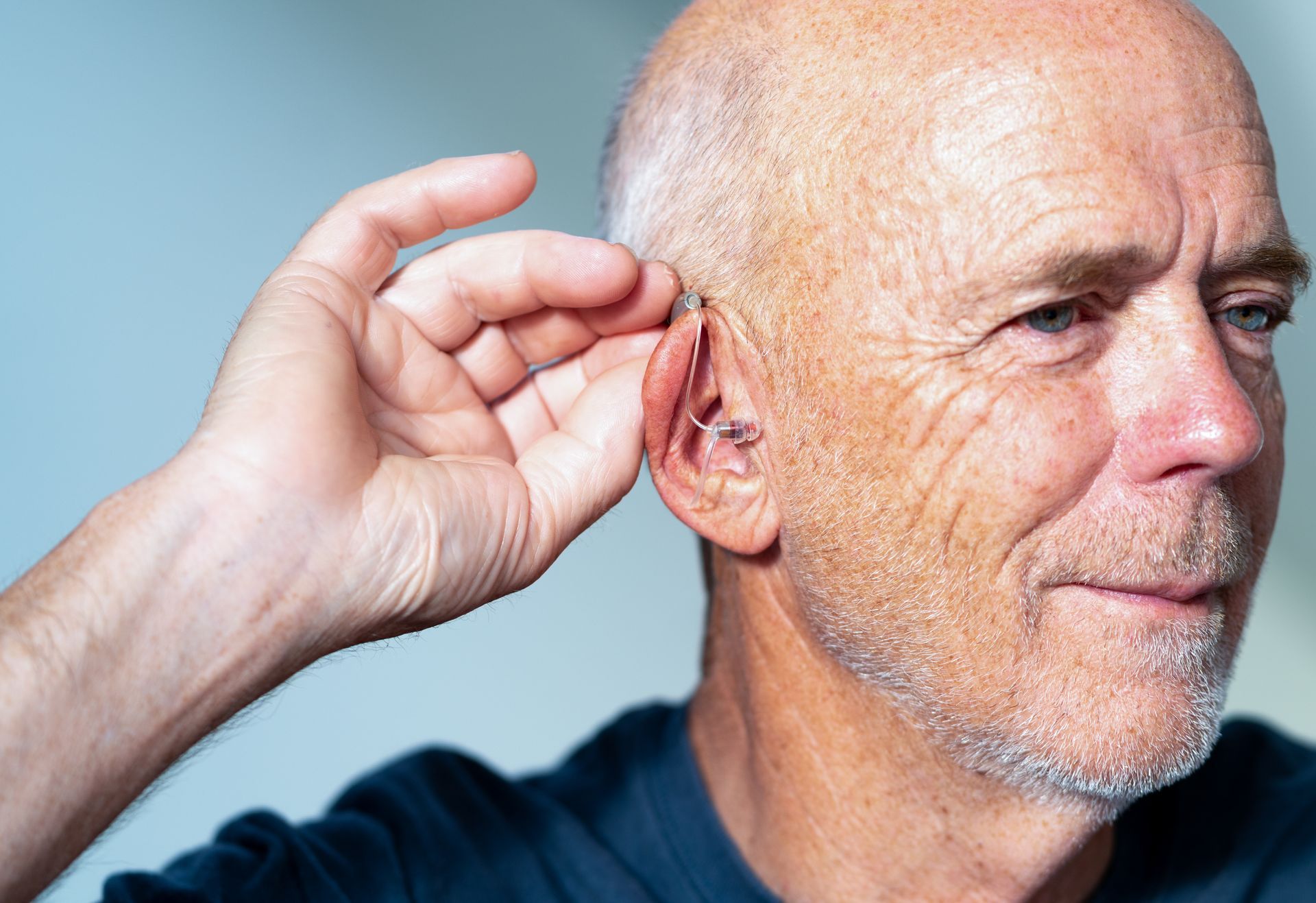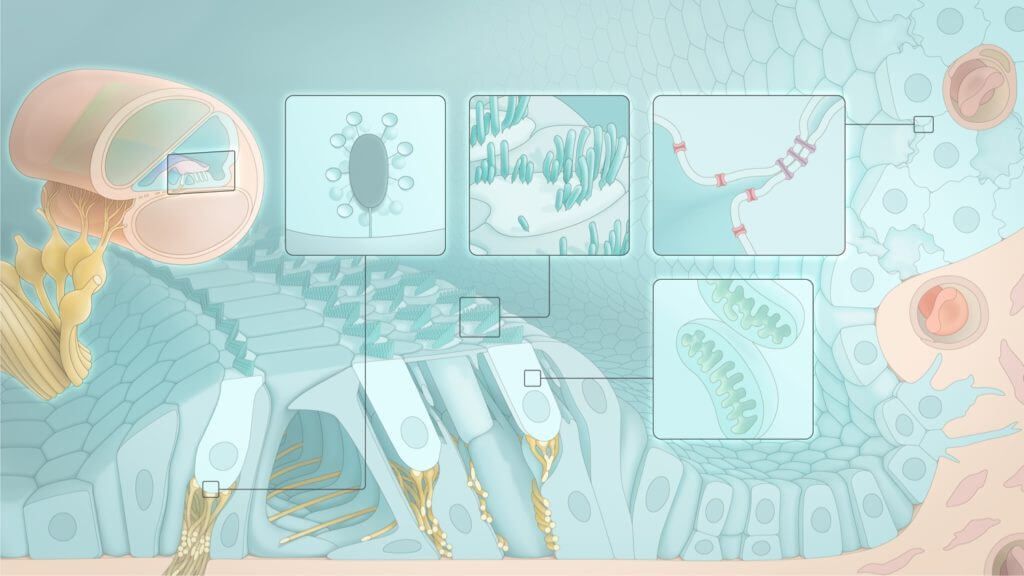Can I Reverse My Hearing Loss?
One of the most common questions people have about hearing loss is whether or not it is reversible. While many cases of hearing loss are permanent, others are temporary and can resolve on their own or be reversed with the proper treatment.
Temporary Hearing Loss
Cases of temporary hearing loss are often due to a blockage in the ear that prevents sound from traveling properly. This is also referred to as conductive hearing loss. Things like ear infections, earwax build up or a foreign object stuck in your ear can all cause temporary hearing loss.
Once the blockage is removed, either because the infection clears on its own or you receive medical treatment to remove it, your hearing should return to normal.
Sudden Hearing Loss
Sudden sensorineural hearing loss (SSNHL) is a type of hearing loss that develops quickly, coming on right away or worsening over a period of several days. It usually occurs in only one ear but can sometimes occur in both. Sudden hearing loss has a variety of causes, including:
- Viral illness
- Loss of blood flow to the inner ear
- Inner ear disorders
- Autoimmune disorders
- Thyroid issues
In some cases, it can be a sign of a more serious medical condition like a stroke. If you have other symptoms, like weakness on one side, dizziness or loss of vision, seek emergency medical care right away.
Some cases of SSNHL resolve spontaneously. However, that doesn’t mean you should wait and see. Research shows that seeking treatment within the first two weeks of the onset of symptoms greatly increases your likelihood of restoring your hearing. The longer you wait, the more likely it is that you experience at least some permanent hearing loss. Treatment for sudden hearing loss involves corticosteroids to reduce inflammation in the ear.
Permanent Hearing Loss
Sensorineural hearing loss (SNHL) that is not sudden is caused by damage to the hair cells of the inner ear or the auditory nerve. This type of hearing loss comes on gradually and is, unfortunately, permanent. Many factors can contribute to SNHL, including:
- Age
- Loud noise exposure
- Genetic conditions
- Taking certain medications
- Disorders that disrupt blood flow, such as heart disease or diabetes
Even though this type of hearing loss cannot be reversed, an audiologist can work with you to find the best pair of hearing aids or other treatment option that meets your individual needs. Hearing aids make it easier for people with hearing loss to process sounds, whether they are at work, enjoying time with their family at home or out with their friends at Sails Restaurant.
To learn more or to have your hearing tested by one of our specialists, call Center For Hearing today.
- Understanding Infant Hearing Loss
- The Relationship Between Exercise and Hearing Loss
- Muffled Hearing: Common Causes and Solutions



